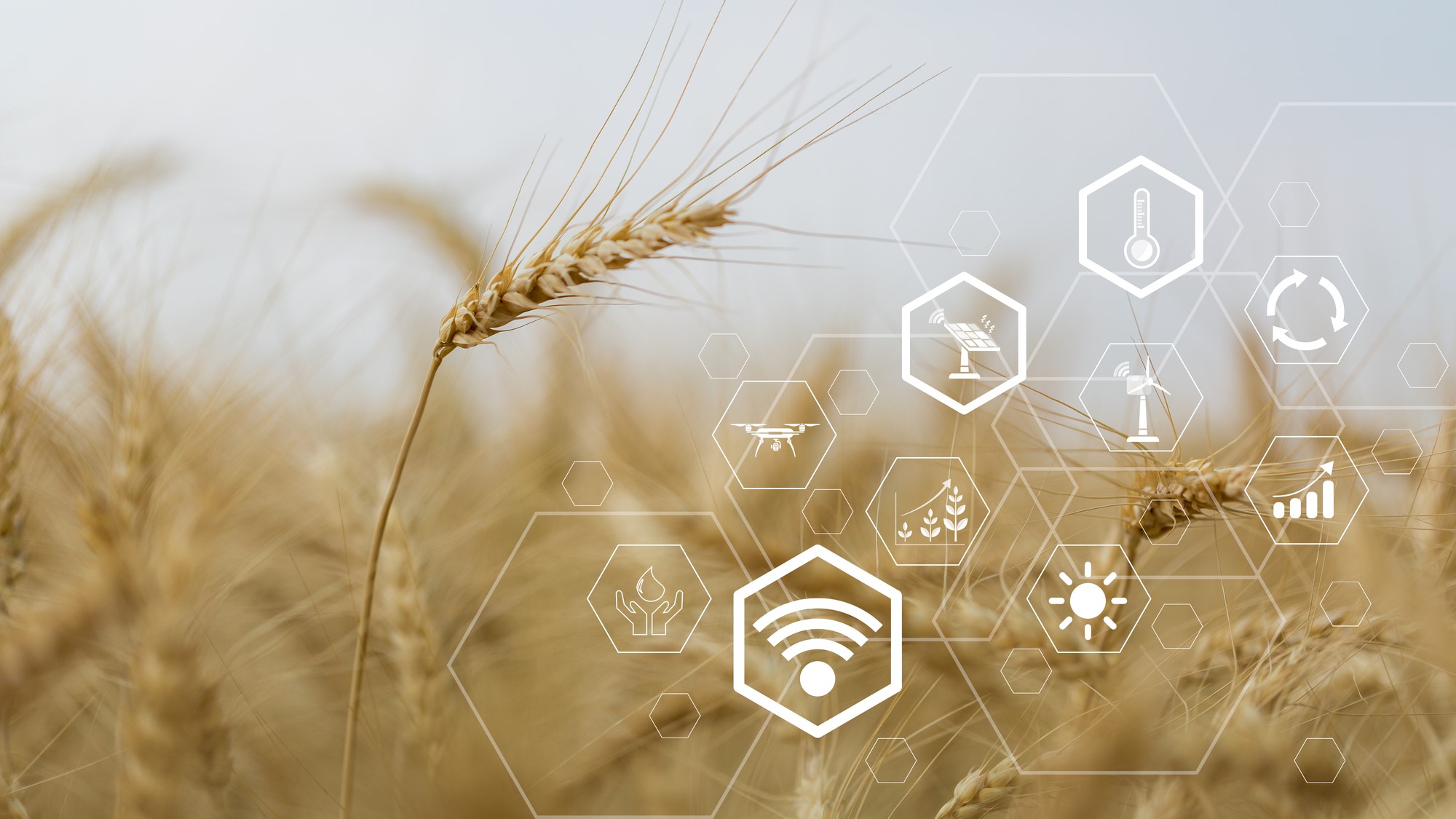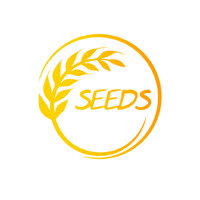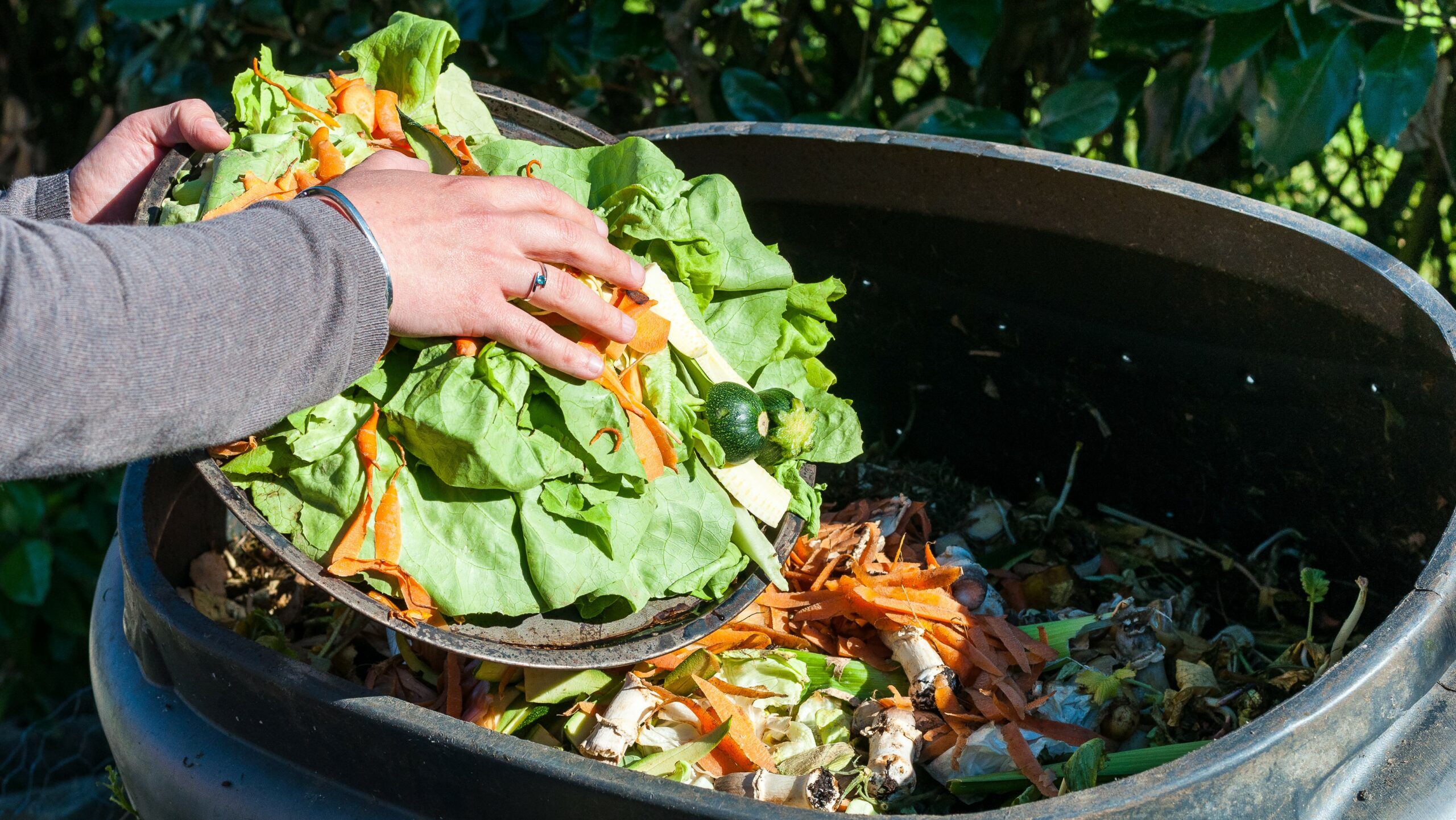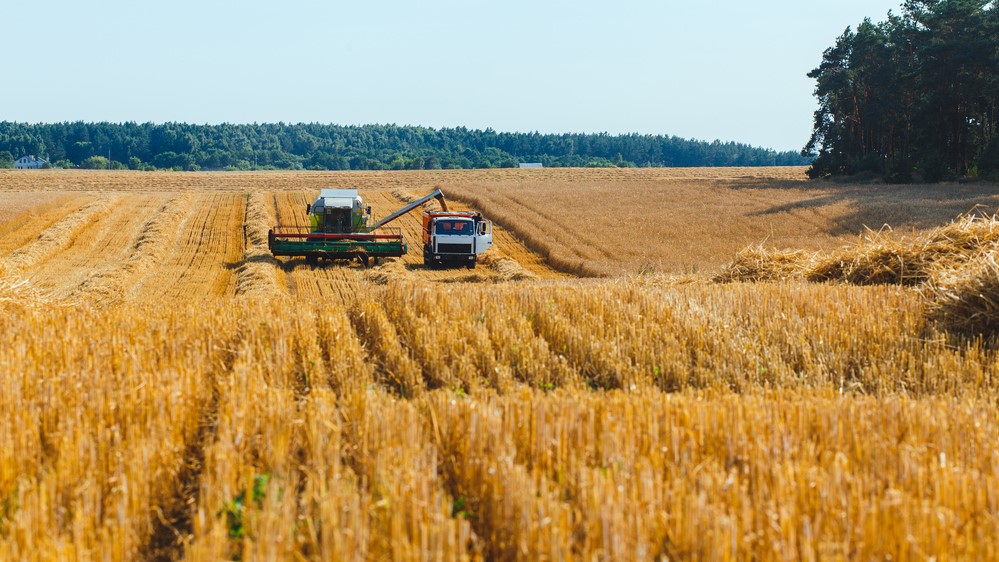SEEDS: Sustaining Economies and Enhancing Dynamic Structures

SEEDS will create a useful interactive tool to boost knowledge exchange and innovation in the cereal value and supply chain for the benefits of EU and MENA farmers.
Context
Cereals are among the most widely grown crops in the world: their adaptability to environmental conditions, ease of storage and culinary versatility make them popular with consumers and farmers around the world, especially in the MENA region (Middle East and North Africa).
The conflict in Ukraine, which is one of the main granaries of the EU and Mediterranean countries, disrupted cereal supply chains, with 50% of imports in the MENA region. Before 2022, Ukraine was Tunisia’s main source of wheat imports (48%). Tunisia (48%), Russia (8%) and Jordan (50%). Egypt, the world’s largest wheat importer by volume, has taken steps to reduce wheat exports and find new sources to compensate for the loss of wheat imports in 2022.
Morocco is particularly vulnerable to war-related shocks, as it relies on food imports, while its exports averaged $4.2 billion in 2020. The concepts of value and supply chain are intertwined. It is therefore essential to study each concept separately to understand their different functions, identify bottlenecks, optimise efficiency and improve performance in each country’s complex and dynamic economic landscape.
Summary and objectives
The main goal of SEEDS project is to increase resilience of cereal supply chain in the MENA region, by implementing specific standards, practices, and policy recommendations to facilitate production, trade, and investment within Mediterranean countries, foster local supply and value chains by reviving ancient grains for resilient production systems to shocks.
It will also implement ICT and digital data technology to facilitate knowledge sharing (SMART AKIS), shorter and more efficient cereal supply chains, and a recommendation system that will allow farmers to better adapt to climatic shocks and adopt new practices and build a knowledge sharing platform free accessible to stakeholders along MENA & EU supply chain to provide an overall vison of SEEDS’s main outcomes.
To achieve the SEEDS goal, the consortium will work on the following specific objectives:
- Minimize cereal supply chain sensitivity to shocks.
- Reinforce cereal value chains across Mediterranean countries.
- Adaptability of ancient grains to agro-climatic conditions.
- Validation of the proposed innovative solutions, best practices by means of testing them across 4 MENA countries.
- Diversifying consumer’s habits towards healthier, ethical, and sustainable cereal grains choice.
- Fostering change by reviving ancient grains, and digitalizing cereal supply/value chain.
Consortium
The project brings together 4 SMEs, 1 organisation, 8 research centres and 1 association from 7 countries.
- ENCO SRL (ENCO) (Italy).
- UNIVERSITÀ DEGLI STUDI DI NAPOLI FEDERICO II (UNINA) (Italy).
- FUTURE FOOD INSTITUTE (FFI) (Italy).
- AGRICULTURAL RESEARCH CENTER, FIELD CROPS RESEARCH INSTITUTE (ARC) (Egypt).
- CONFEDERATION OF EGYPTIAN EUROPEAN BUSINESS ASSOCIATIONS (CEEBA) (Egypt).
- HEALTHTECH (Egypt).
- CENTRO NACIONAL DE TECNOLOGÍA Y SEGURIDAD ALIMENTARIA (CNTA) (Spain).
- INSTITUTO TECNOLOGICO DEL EMBALAJE, TRANSPORTE Y LOGISTICA (ITENE) (Spain).
- INFORMATION TECHNOLOGIES INSTITUTE / CENTRE FOR RESEARCH AND TECHNOLOGY HELLAS (ITI/CERTH) (Greece).
- NATIONAL AGRICULTURAL RESEARCH CENTER (NARC) (Jordan).
- HASSAN II INSTITUTE OF AGRONOMY AND VETERINARY MEDICINE (IAV) (Morocco).
- CENTRE AFRICAIN DE L’INNOVATION AGROALIMENTAIRE ET COSMETIQUE (CAIAC) (Morocco).
- INSTITUT NATIONAL DE LA RECHERCHE AGRONOMIQUE DE TUNISIE (INRAT) (Tunisia).
- INSTITUT NATIONALE DES GRANDES CULTURES (INGC) (Tunisia).
- COMPTOIR MULTISERVICES AGRICOLE, ROSE BLANCHE (CMA) (Tunisia).
ITENE’s role
ITENE will lead the identification of supply chain risks and vulnerabilities, analysis and improvement of the cereal supply chain structure, as well as its digitalisation.
Thus, it will work, together with another partner, on a digital platform for the optimisation of the cereal supply chain that will improve communication and collaboration between stakeholders and ensure a reliable and adequate supply of cereals. It will also collaborate in the development of an AI recommendation mechanism to provide best practice suggestions, analysing and exploiting user data and Earth observation and monitoring systems, as well as local weather stations.




